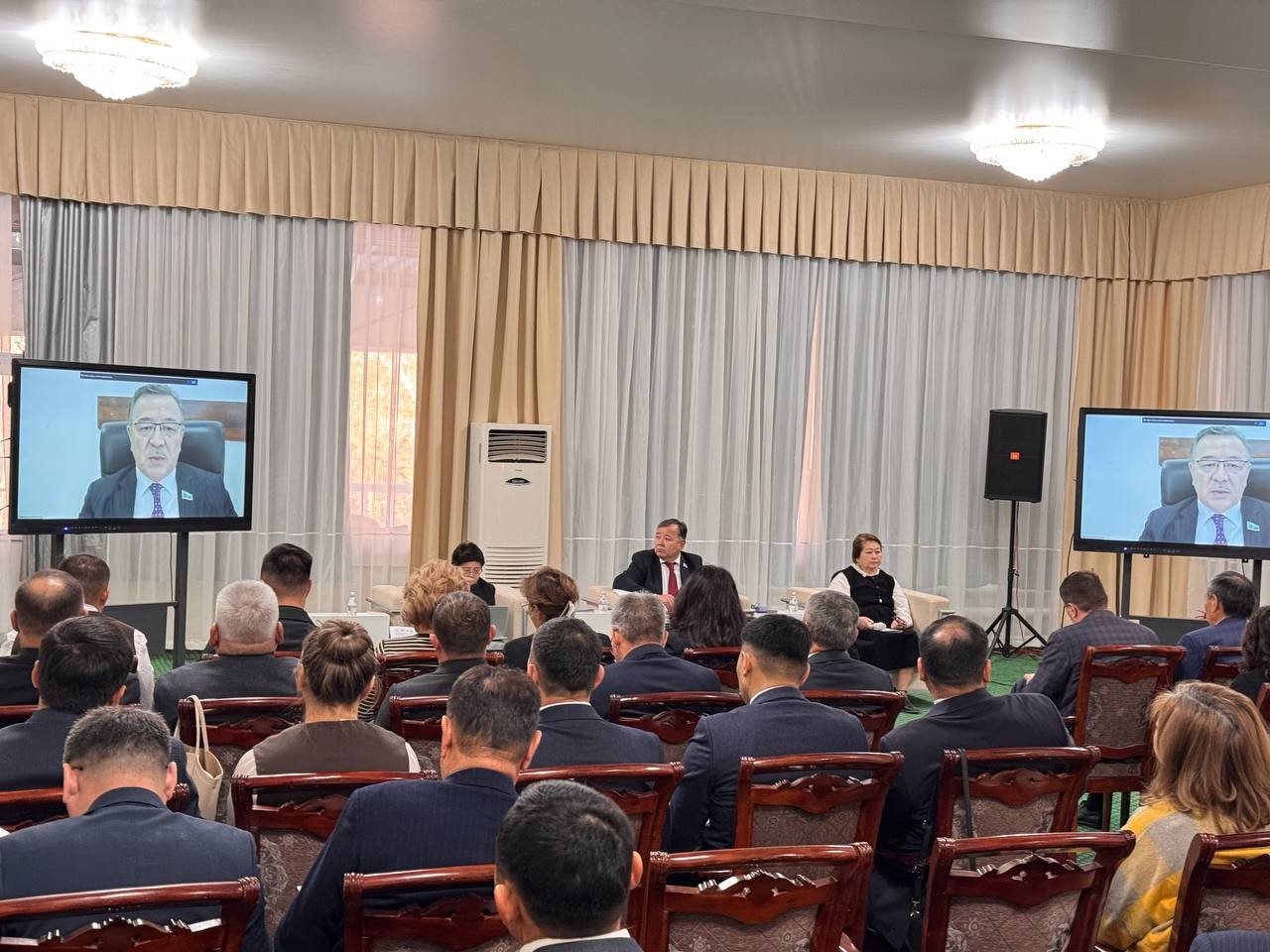
In the West Kazakhstan region, a training session for maslikhat deputies was organized by the Institute of Parliamentarism under the Administration of the President of the Republic of Kazakhstan, in collaboration with the Foundation for the Development of Parliamentarism and the Association of Maslikhat Deputies of Kazakhstan, with support from the OSCE Program Office. This training is part of the Senate of the Parliament of the Republic of Kazakhstan's program of interaction with maslikhats, approved in 2024.
Deputies from the Aktobe, Atyrau, Mangystau, and West Kazakhstan regions participated in the event. The main goal of the training was to enhance the professional skills of elected representatives and to provide methodological assistance in legislative drafting and law enforcement matters.
Addressing the participants, Lyazzat Zhanylyskzy Suleimen, Deputy Director of the Institute of Parliamentarism, emphasized the importance of systematic work on improving legislative norms aimed at enhancing the quality of life for citizens. In her speech, she highlighted key provisions of the recent Presidential Address, drawing attention to the significance of strengthening public oversight, combating human trafficking, and ensuring child safety.
Other speakers included Murat Mukaev, Chairman of the West Kazakhstan Regional Maslikhat; Zauresh Batalova, President of the Foundation for the Development of Parliamentarism; Asel Karataeva, representative of the OSCE Program Office; and Senator Arman Utegulov. They noted the importance of such training sessions for strengthening the institution of maslikhats and increasing their influence on local self-governance.
In her presentation, Zauresh Batalova provided a detailed review of the regulatory and legal framework supporting maslikhat activities. Meruert Kabylbayeva, an expert from the Institute of Parliamentarism, emphasized the importance of deputies' interaction with Parliament and the role of maslikhats in addressing pressing citizen concerns.
"Citizens primarily turn to maslikhat deputies; it is through you that initial contact with government bodies occurs. Collaborative work with the Senate allows for better oversight of law implementation and timely responses to emerging issues," Kabylbayeva noted. She also highlighted the importance of creating a unified ecosystem for processing citizen appeals, including analyzing opinions expressed on social media, to more accurately identify public needs.
In his presentation, Zhanibek Sattybayev, an expert from the Institute of Parliamentarism, highlighted the main challenges associated with land resource management at the administrative territorial level. He pointed out the shortage of pasture lands in rural settlements, difficulties arising from overlapping rights to the same land plot, and the necessity for strict control over land use near water bodies. Special attention was given to the redistribution of unused agricultural lands and strengthening the interaction between maslikhat deputies and executive bodies to effectively resolve these issues.
The topic of anti-corruption policy in maslikhat activities was covered by expert Almagul Khasenova. She emphasized the importance of monitoring local budgets and programs, presenting data from Transparency International showing that Kazakhstan improved its position in the Corruption Perceptions Index, ranking 97th out of 180 countries. However, the current score of 39 out of 100 indicates the need for continued efforts to reduce corruption.
Concluding the event, the training participants unanimously agreed on the necessity of regularly conducting such educational activities. They noted that systematic work to improve deputies' qualifications and their active interaction with executive bodies will contribute to solving urgent problems and enhancing the quality of life for the citizens of the Republic of Kazakhstan.



